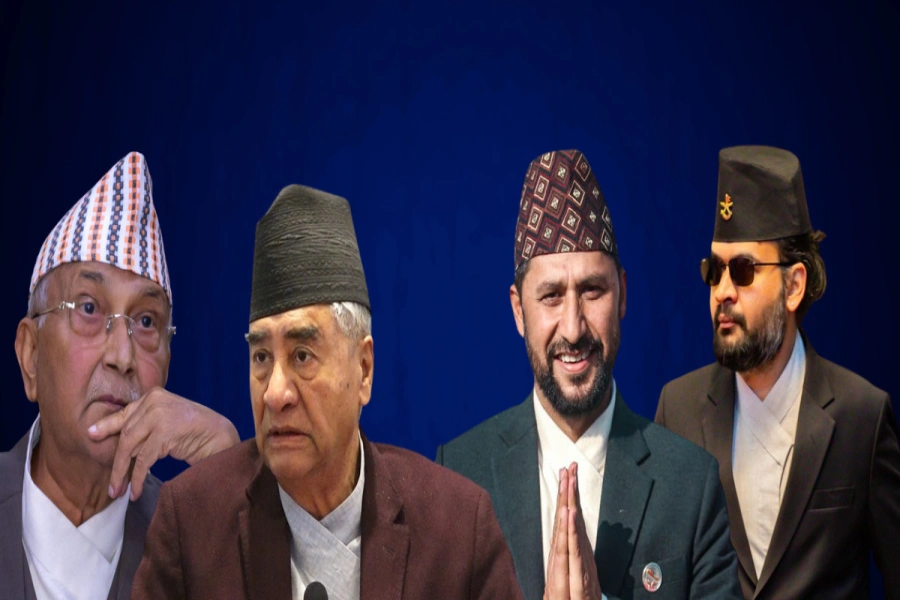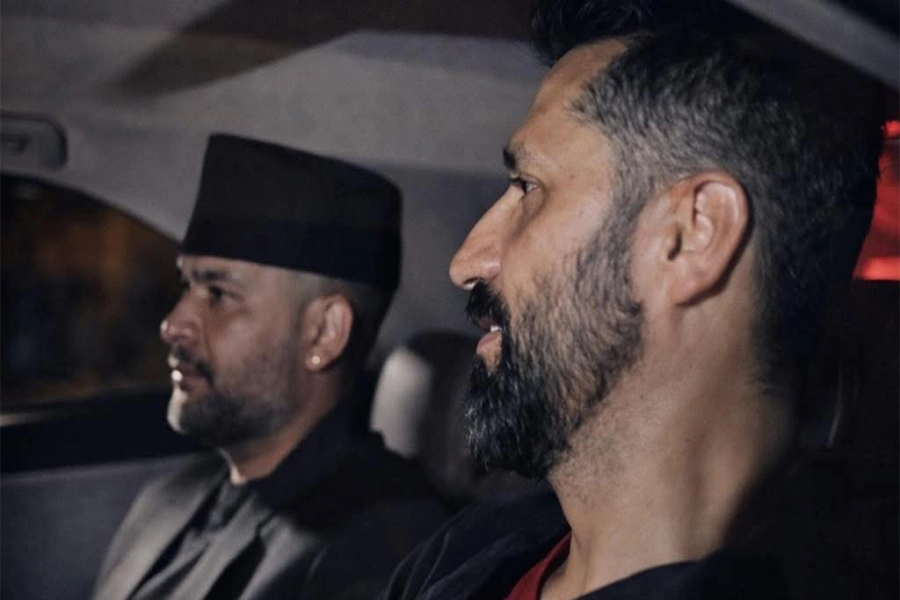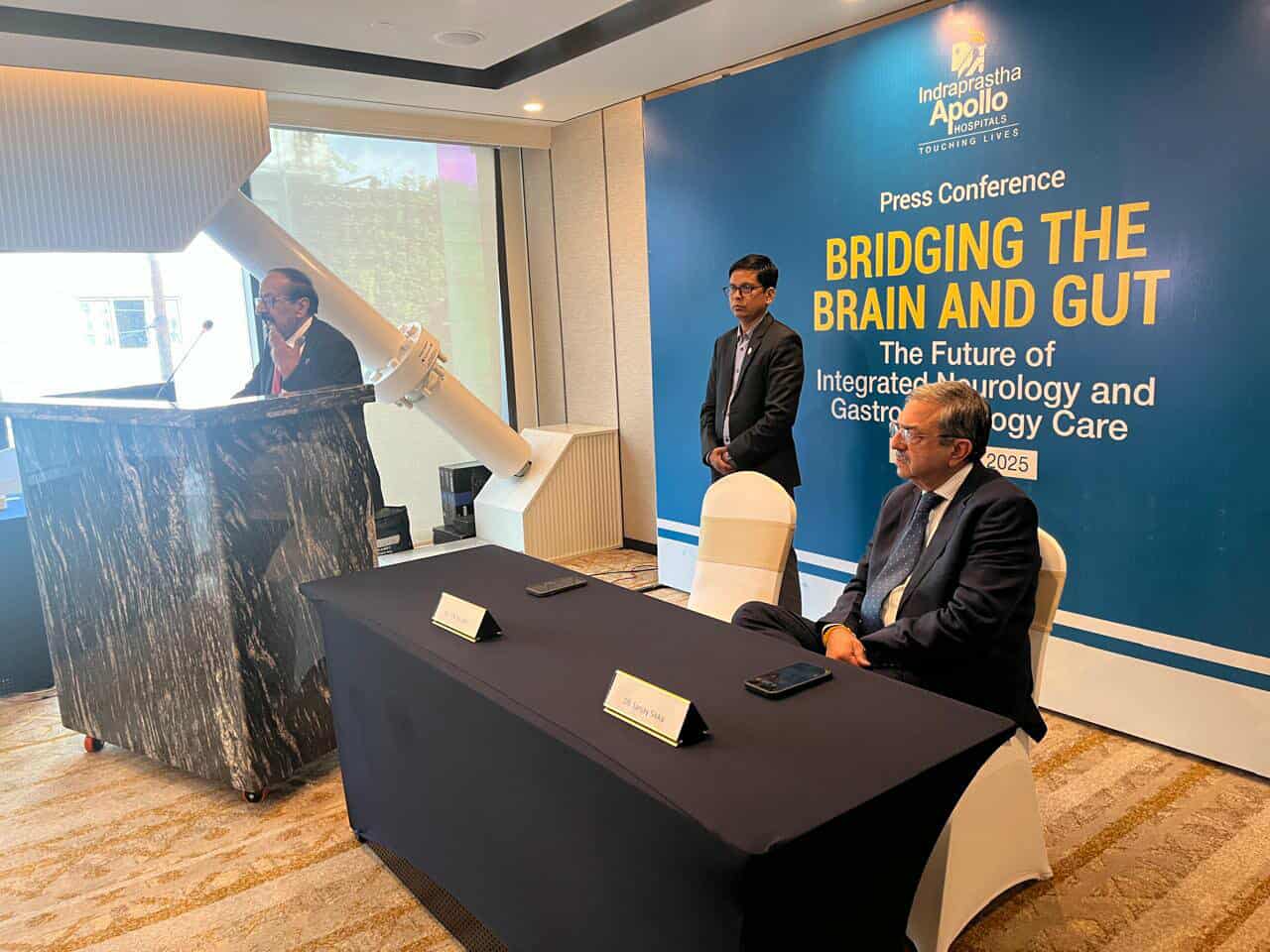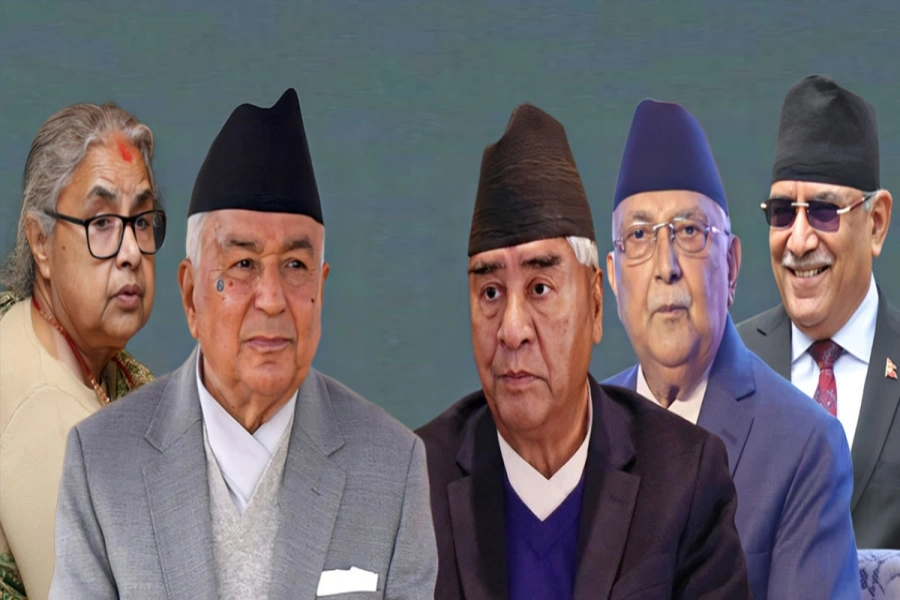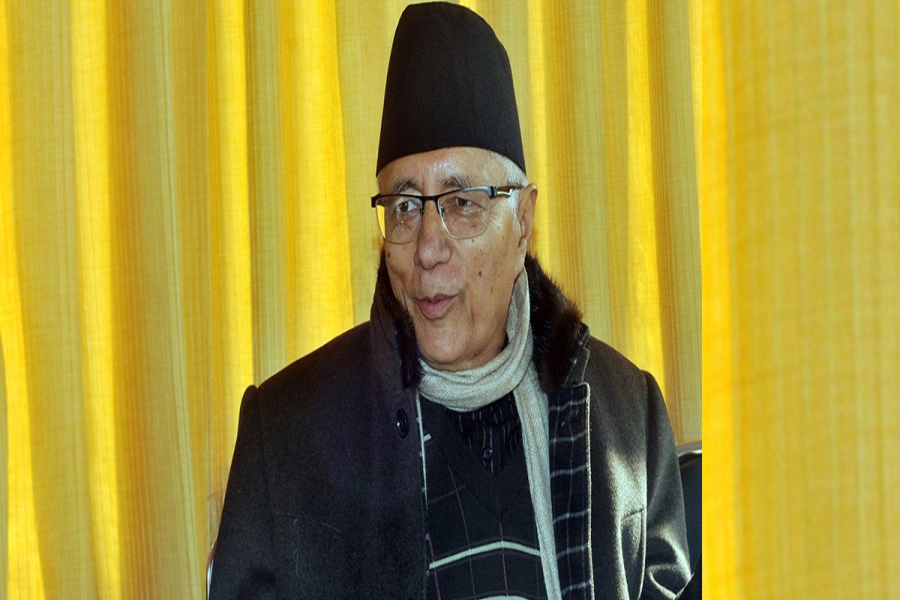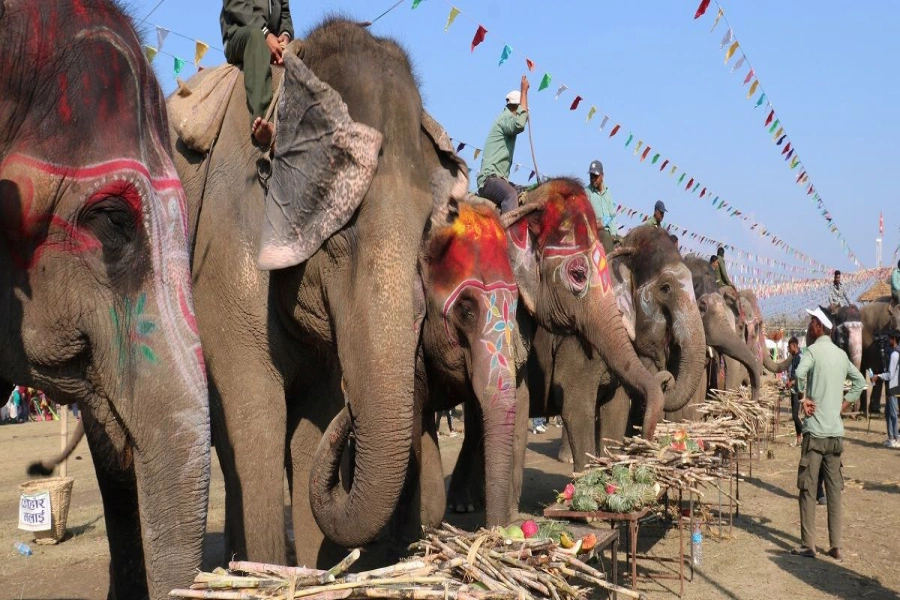KATHMANDU, June 5: Expert doctors have said that huge advances made in lungs and heart transplant have made patients in need of such transplants to avail such medical care in India at an affordable cost.
The visiting expert doctors from Indraprastha Apollo Hospital in New Delhi on Friday organized an interaction with the healthcare fraternity in Kathmandu to inform the latter about the advances made so far. They argued that the transplants of heart and lungs - once considered extremely complicated - now have become both easier and affordable as compared to the past.
Dr M S Kanwar, a Senior Consultant at the Department of Pulmonology, Critical Care and Sleep Medicine at the Indraprastha Apollo Hospital in New Delhi, said they have achieved great success in lungs and heart transplant over the past few years. "The advances made in the field of heart and lung transplants have made it easy for those in need of transplants to avail medical care at an affordable cost," he said.
It costs around $50,000 for the actual heart or lungs transplant, while transporting the organ from the potential donor within six hours to the hospital may require a patient party to charter a flight. Putting all associated costs together, it may cost between $60,000 to $70,000 for the transplant depending on the condition of the patient and how soon the organ donor is found.
Indraprastha Apollo Hospital reports advancements in plastic su...

Nepali patients can avail the service at the same rate as Indian nationals with no extra charge levied for other foreigners.
Doctors determine whether to conduct a lung or heart transplant after carefully assessing the condition of patients. Apollo Hospital has so far conducted 196 successful lung transplants and a much higher number of heart transplants. According to doctors, there is an 88 to 90 percent survival rate in the first years of lung transplant and 55 percent survival rate in five years after the transplant.
Addressing the interaction program, Dr Kanwar said the lung transplant is not just a surgery but a process starting with extensive pre-lung transplant work up and optimal stabilization of the patients of end-stage lung diseases like IFP, COPD, emphysema, COVID fibrosis, pulmonary hypertension and many others.
Dr Kanwar said that lung transplant surgery is complex and the immediate and long-term post operative care. "Lung transplants which have been popular in advanced countries for decades with constant annual increase in the number of lung transplants, is now available in India also with comparable outcomes," he said, adding that several international patients are currently under their treatment or waiting to be stabilized or transformed to their hospital for lung transplants.
Dr Mukesh Goyal, Senior Consultant Cardiothoracic and Heath and Lung Transplant surgery, said patients should not let their guard down in terms of their preventive health check-ups. "Today, the treatment modalities for treating the most complex lung and heart diseases are available in India," he said. "As a reason, the patient should do away with the hesitancy of delaying diagnosis due to the fear of being diagnosed with any complex disease. A disease treated early always has better outcomes in terms of patient recovery."
The team of expert doctors led by Dr Kanwar included Dr Goyal and Dr Vanita Arora, Senior Consultant, cardiac electrophysiologist and interventional cardiologist at the Indraprastha Apollo Hospital. The team addressed the complexities of lung and heart diseases along with the advanced treatment modalities available in India.
“In patients with reduced heart function, the cause of high mortality is either heart pump failure or a sudden cardiac arrest. After careful screening, patients can be saved by implanting cardiac resynchronization therapy devices or automatic implantable defibrillator devices,” said Dr Arora. “Patients are taken off the list of transplants once they are put on these devices.”




